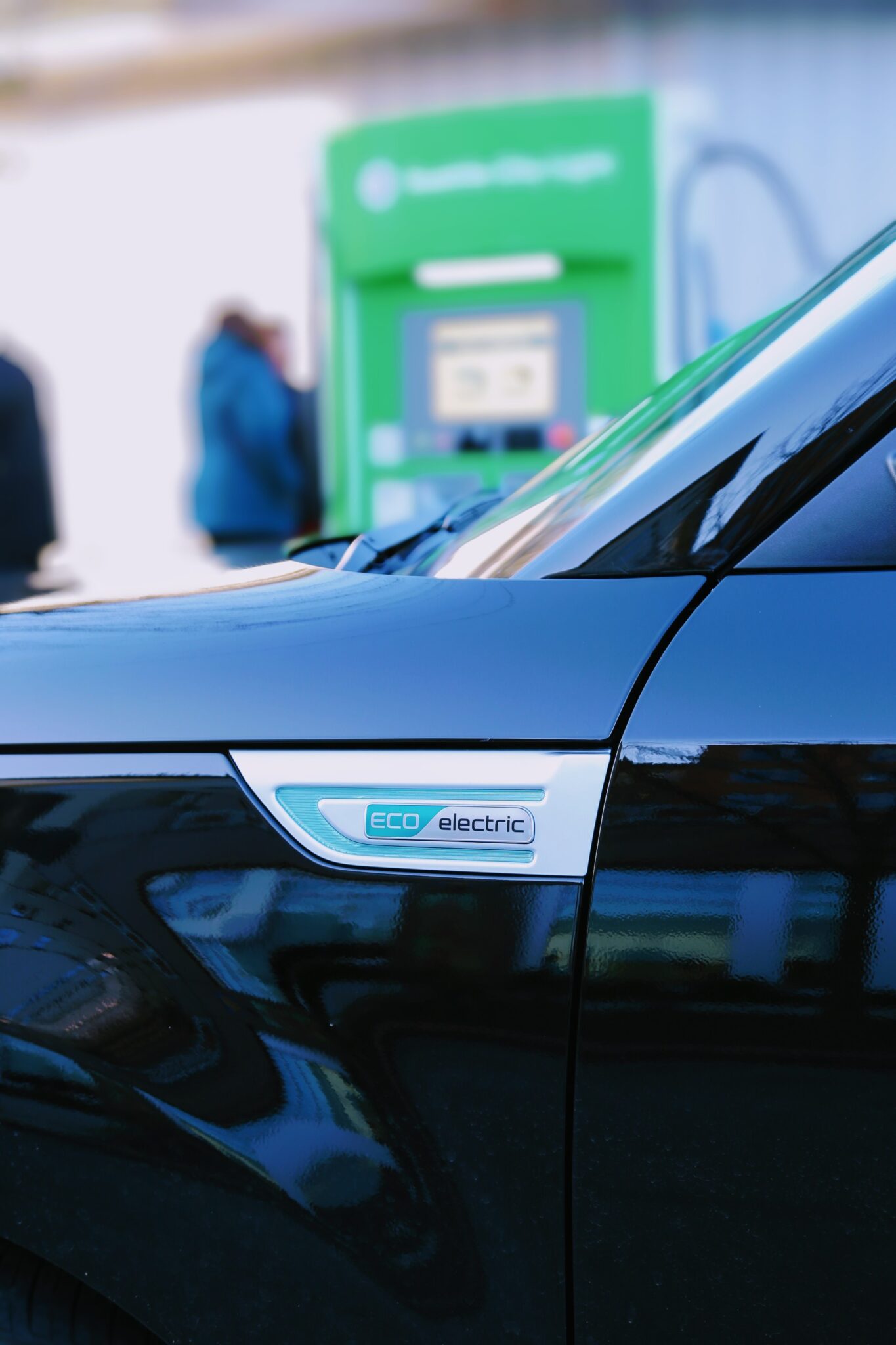
Electric vehicles (EVs) have rapidly improved in availability, charging speed, and cost. As more measures aimed at increasing the number of EVs on the road come into effect, EVs are now an attractive and competitive option for most new and used car buyers.
However, many of us still have a lot of questions about vehicle types, affordability, charging and more. When shopping for an EV, make sure to learn key industry terms, whether you can benefit from any incentives or tax credits, and if buying or leasing is right for you.
This is part one of a series on electric vehicles aimed to answer those questions and help you make an informed decision. Today, we’re focusing on what you need to know before shopping for an electric vehicle.
What terms do I need to know?
Any consideration of buying or leasing an electric car begins with an explanation of some key terms.
There are specific EV types, such as battery-electric vehicles, plug-in hybrid-electric vehicles and others. However, EV is the catch-all term for a battery-powered vehicle that uses electric motors for propulsion and batteries that you can recharge.
An EV’s range is arguably one of the most important terms. Range is how far the vehicle can travel on a single charge, and it relates to an EV’s battery size and the vehicle’s efficiency. The battery size is measured in kilowatt hours (kWh), which is a measure of the amount of energy stored in the battery. So, since an EV’s battery size is measured in kWh, it’s helpful to think of this as you would the number of gallons a gas tank can hold in a conventional car. An EV’s efficiency depends mostly on the weight and aerodynamics of the vehicle and is measured in miles per kWh, like how the efficiency of a gas car is measured in miles per gallon.
Because EV charging stations are not as widely available as gas stations, and because EV charging takes longer than refueling with gas, range has become a main topic for potential EV buyers who are concerned about how far their vehicle can go between charges. In fact, “range anxiety” has joined the public lexicon to capture this concern.
To alleviate range anxiety, understanding EV charging is important. Charging is refilling an EV’s battery with electricity. There are three types of chargers available for your EV:
- Level 1 Charging: the slowest option but also the most available. Simply purchase your vehicle, plug it into a standard 120-volt electrical outlet and start charging.
- Level 2 Charging: a faster option that uses 240-volt electricity, like what a laundry dryer uses, that can provide a midsize EV with 25 to 35 miles of range per hour of charge time.
- DC Fast Charging: the fastest option available, but only suitable for public charging because of high cost and large power requirements.
When shopping for an EV, think about your range like a fuel tank. How many miles are you currently getting out of your tank of gas? How often do you fill it up? Use those answers to calculate your commute and compare vehicle fuel costs online. This point of comparison will help you better understand the range of the EVs you’re considering and shop with more confidence.
What incentives and tax credits are available?
To offset the cost of purchasing an EV, take advantage of the incentives and tax credits available to you.
For example, here in Washington state, residents pay no sales tax on the first $15,000 of qualified new EV purchases from August 1, 2023, through July 31, 2025. If you’re looking at used EVs, you can qualify for and pay no tax on cars priced up to $16,000 through July 31, 2025.
There are also federal incentives to help make purchasing an EV more affordable. For new EVs purchased in or after 2023, a $7,500 federal tax credit is available for eligible taxpayers for their first-time purchase of an electric car. If you want to purchase a used EV, you can get a credit of up to $4,000.
Look for other ways to save on costs for transitioning to an EV. With the climate goals and regulations that some states and the federal government have set, auto manufacturers are increasing supply, which means you could benefit.
Should I buy or should I lease?
Even with incentives and tax credits, many potential EV owners are concerned about overall cost. While charging an EV with a Level 1 or Level 2 charger is far cheaper than paying at the pump, the price of an EV is typically higher than a comparable model with a gasoline engine. This means that fuel savings might take a while to pay the difference.
If purchasing a new EV isn’t for you, consider buying a used one. This option can save you money, but make sure to keep the following in mind: find out the condition of the battery. Batteries slowly degrade over time, and you’ll want to find out:
- how much of the battery’s original warranty is left.
- if there have been any recalls for that EV model’s battery.
- if it’s been replaced.
It’s a lot to look into, but learning the ins and outs around battery life can be a valuable bargaining chip when purchasing a used EV. Finally, if you aren’t sure that you want to commit to buying a new or used EV, consider leasing. This option can help people who don’t want to worry about a warranty on their battery or about the changing technology around EVs. What’s more, since batteries do degrade over time, leasing can be more attractive than buying because you won’t have to worry about depreciation. However, leasing agents often have stricter requirements, so it’s up to you to decide what’s best.
